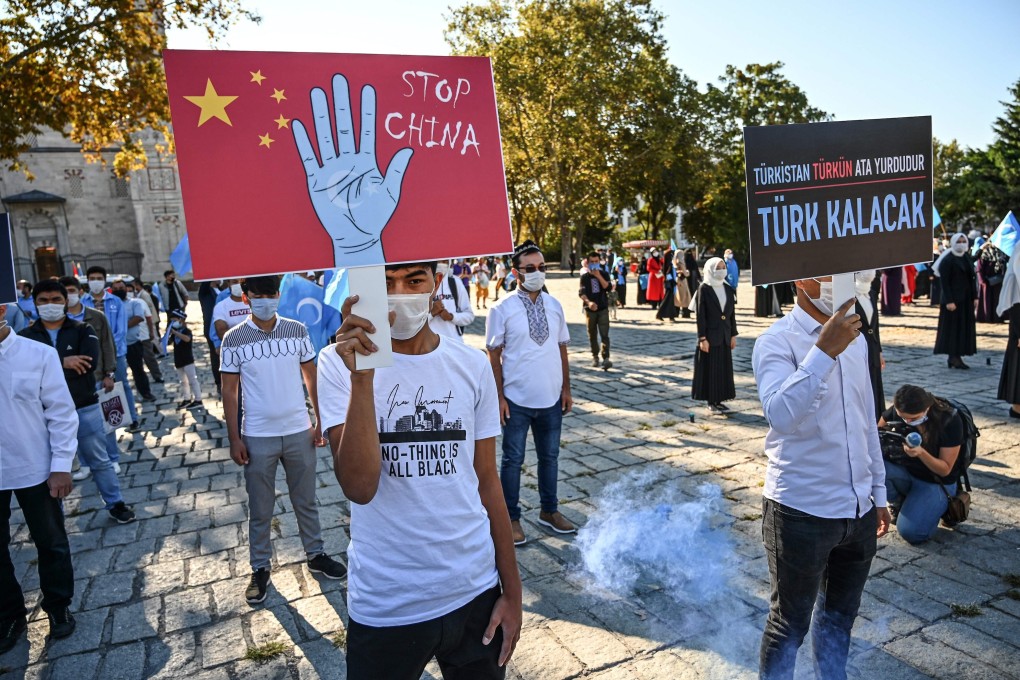Malaysia stands firm on not deporting Uygurs, risking Beijing’s anger
- Malaysia’s position, revealed in a written parliamentary reply, could result in some Uygurs in Southeast Asia seeking refuge in the Muslim-majority country
- The hardline stance contrasts with that of Indonesia, which sent three Uygurs to Beijing at China’s behest last month

Sean R. Roberts, a professor of international development studies at George Washington University, said: “With this action, Malaysia is taking an important stance that many other states in the region, including Indonesia and Thailand, have been reluctant to take.
“It is likely to anger Beijing, but it is the responsible position,” added Roberts, the author of the book, The War on the Uygurs, which was published in September.
Mustafa Akyol, a prominent Turkish writer and senior fellow at the Cato Institute focusing on Islam and modernity, said Malaysia’s position signalled the “beginning” of steps by Muslim-majority countries to “protect Uygurs from the wrath of China”.
While the persecution of Uygurs in China had grown in the past few years, “many Muslim leaders looked the other way, because friendship with China pays”, Akyol said.